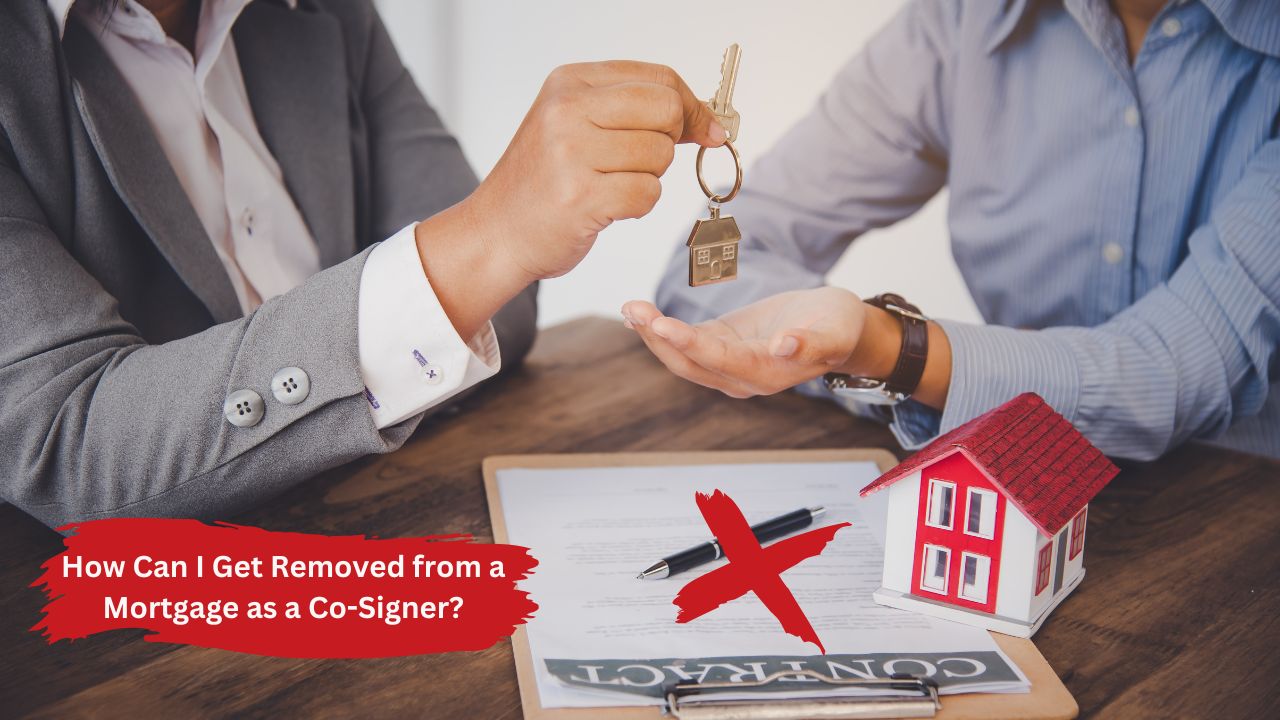 Creative financing can be an attractive option for sellers, especially those with significant equity. One popular approach is carrying back a second mortgage, where the seller effectively becomes a lender to help the buyer complete the purchase. While this can be a beneficial arrangement, it’s essential to understand the risks and the protections available, particularly regarding lender’s title insurance.
Creative financing can be an attractive option for sellers, especially those with significant equity. One popular approach is carrying back a second mortgage, where the seller effectively becomes a lender to help the buyer complete the purchase. While this can be a beneficial arrangement, it’s essential to understand the risks and the protections available, particularly regarding lender’s title insurance.
Why Consider Carrying Back a Second Mortgage?
Let’s say you own a home worth $150,000 that you’ve held for 15 years, and you have substantial equity built up. If you receive an offer from a buyer who can put down $20,000 and secure a $100,000 loan from a local lender, you might choose to finance the remaining $30,000. In this situation, you, as the seller, would be carrying back a note for that amount, essentially acting as a secondary lender.
Do You Need Lender’s Title Insurance?
Yes, you do. Anyone with an interest in a property, including sellers who carry back a second mortgage, should protect their investment with lender’s title insurance. By stepping into the role of a lender, you hold a record title interest in the property, which is worth safeguarding.
While your lien is secured by a recorded deed of trust, the lender’s title insurance offers a layer of protection against potential issues that could jeopardize your security interest in the property.
What Risks Does Lender’s Title Insurance Cover?
Financial institutions always secure title insurance to protect their investments, and as a seller-lender, you should do the same. Even if you know the property’s history and believe it’s free from issues like easements or boundary disputes, risks still exist—especially those related to human interactions and legal matters.
For instance, the buyer’s personal circumstances could impact your security. Events such as marriages, divorces, deaths, forged documents, money judgments, or unpaid state and federal taxes could affect the buyer’s ownership rights, making it challenging for you to collect your payments.
Example: Federal Tax Liens
A federal tax lien filed against your buyer before closing could wipe out your lien, leaving you without the security you thought you had. Experienced lenders are aware of such risks and use lender’s title insurance as a safeguard against these and other potential threats. Without this insurance, your investment could be at risk, even if your buyer appears financially stable and responsible.
Getting Facts About Lender’s Title Insurance
If you’re thinking about carrying back a second mortgage, make sure to gather all the information regarding lender’s title insurance. Your local title insurance company can explain the benefits and provide insights tailored to your situation. This protection can ensure that your investment remains secure, no matter what happens in the future.
Creative financing can be a powerful tool for sellers looking to close a deal and leverage their equity. It is crucial to approach this opportunity with the same caution that a financial institution would. Lender’s title insurance is not just an optional expense; it’s a smart investment in your financial future as a seller-lender.
 Being a co-signer on a mortgage can be a significant financial commitment, one that you might not want to maintain indefinitely. Whether your circumstances have changed, or the primary borrower is now in a position to manage the loan independently, it’s understandable to want to remove your name from the mortgage. While the process can be complex, there are several pathways to achieve this goal. Here’s what you need to know.
Being a co-signer on a mortgage can be a significant financial commitment, one that you might not want to maintain indefinitely. Whether your circumstances have changed, or the primary borrower is now in a position to manage the loan independently, it’s understandable to want to remove your name from the mortgage. While the process can be complex, there are several pathways to achieve this goal. Here’s what you need to know.